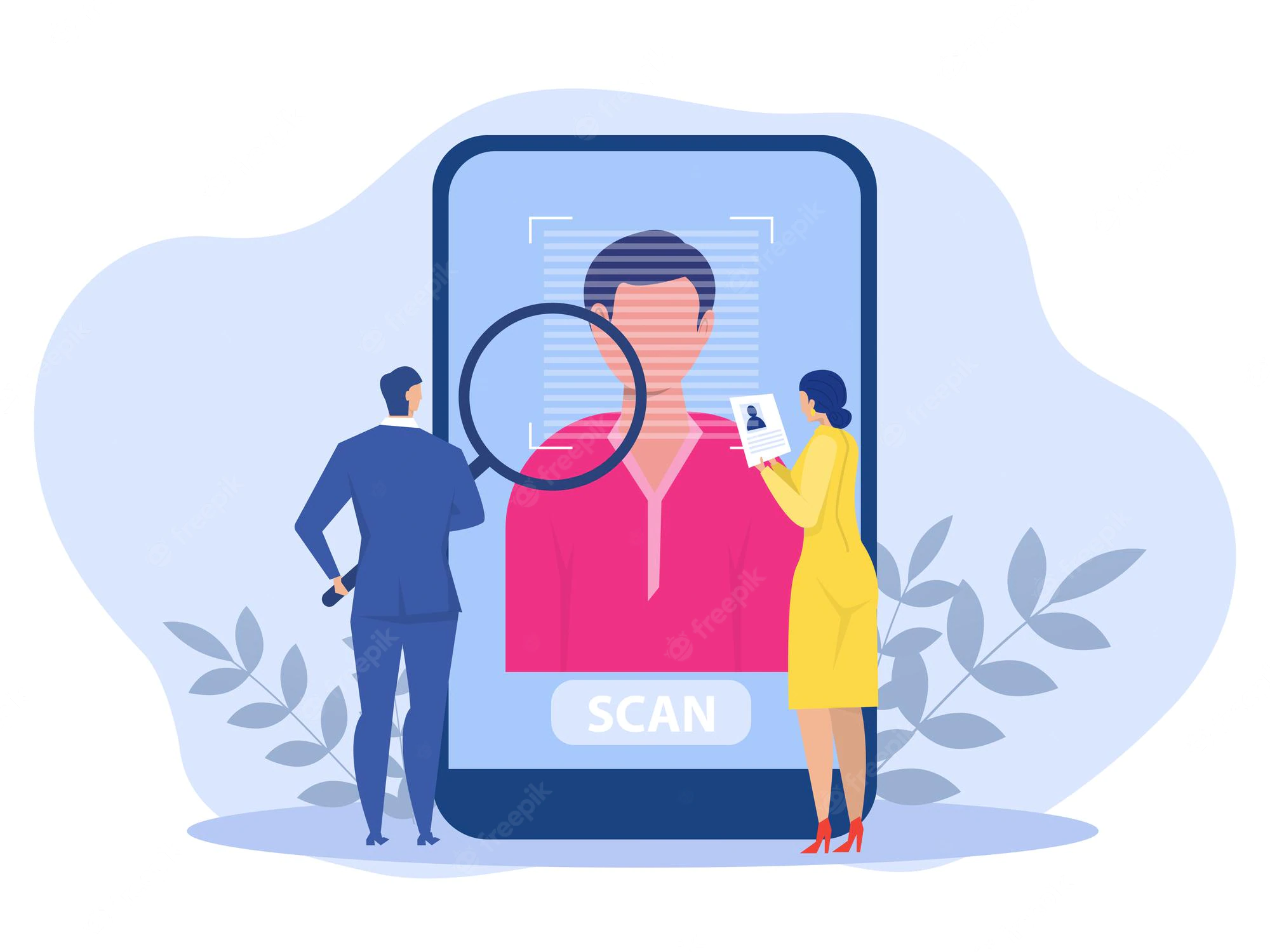African Tech Startups Are Fighting Relentless KYC Battles

Smile Identity, a pan-African identity verification provider has published its inaugural report on the State of KYC report H1 2022 where they delve into the different KYC processes as well as fraud trends they have noticed in Africa.
Using data, the report identifies different trends across the continent and how these affect businesses, as well as regulators. Smile Identity claims to have run over 30 million KYC checks across Africa to date and its new report details current KYC processes and most vulnerable fraud techniques, as well as the most vulnerable industries and how to stay on top of things.
The “Know Your Customer” (KYC) process is a requirement that helps businesses identify their users and verify their credentials. KYC allows companies to identify risks associated with individual customers before they happen. Central banks often require KYC checks to prevent financial crimes like money laundering. For fintechs, online payments companies and e-commerce, KYC can prevent fraud.
Smile Identity specialises in providing companies with tools that can enable them to scale rapidly across Africa by confirming the true identity of their users in real-time, using any smartphone or computer. It boasts proprietary technology in the form of Machine Learning algorithms designed specifically for African faces and identities.
Insights from the report
- Fraud attempts increased by 30 percent in the first half of 2022.
- Half of the biometric fraud cases were related to identity theft, the other half includes more sophisticated spoofing attacks.
- A new type of fraud that is emerging and has already reached ~10 percent levels is “Duplication Fraud.”
- Countries with lower adoption of biometric IDs may notice fluctuations in fraud as less modern systems provide more avenues for attack.
- ID database outages have averaged 9 percent of the time, disrupting the ability to verify people and businesses to scale.
- Fraudsters are more frequently targeting buy now pay later platforms. BNPL and investment & savings experience saw more than 30% biometric fraud
“We have seen fraud attempts consistently grow over time, in the last year it has grown to 26 percent of all KYC checks alone. Businesses across the continent are becoming more aware of their vulnerabilities and turning to partners like us for assistance in preventing and detecting fraud on their platforms. Our technology, which was specifically designed for Africa, provides immense value to our clients, and we are constantly evolving and improving our systems to easily detect newer types of fraud at all levels of sophistication,” Navid Scheybani, Chief Growth Officer, Smile Identity said.
Smile Identity is pushing solutions for identity verification, digital KYC, user onboarding, biometric authentication and anti-fraud checks. Backed by Costanoa, CRE Venture Capital, Khosla Impact, LocalGlobe and Angel Investors from across Africa, Smile Identity aims to make bigger strides in enabling the growth of tech ecosystems across the African continent while providing infrastructure to build trust online.
Feature Image Credits: Freepik